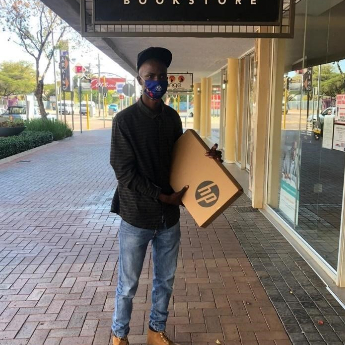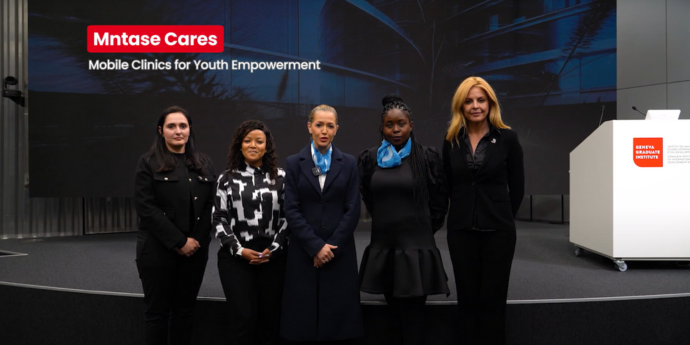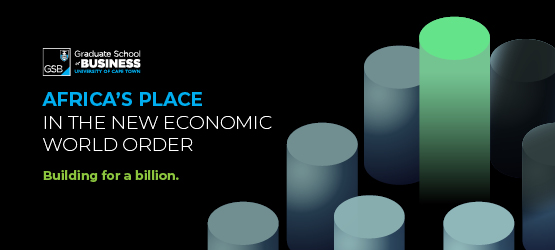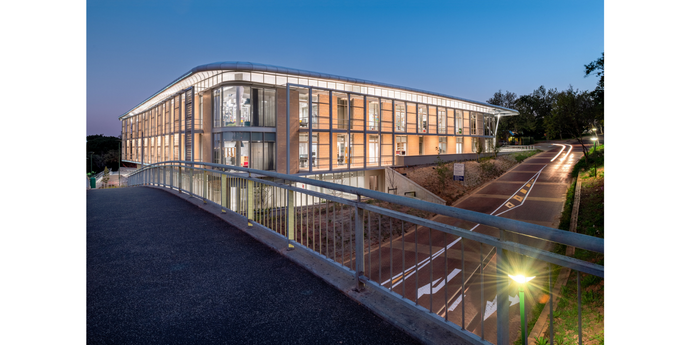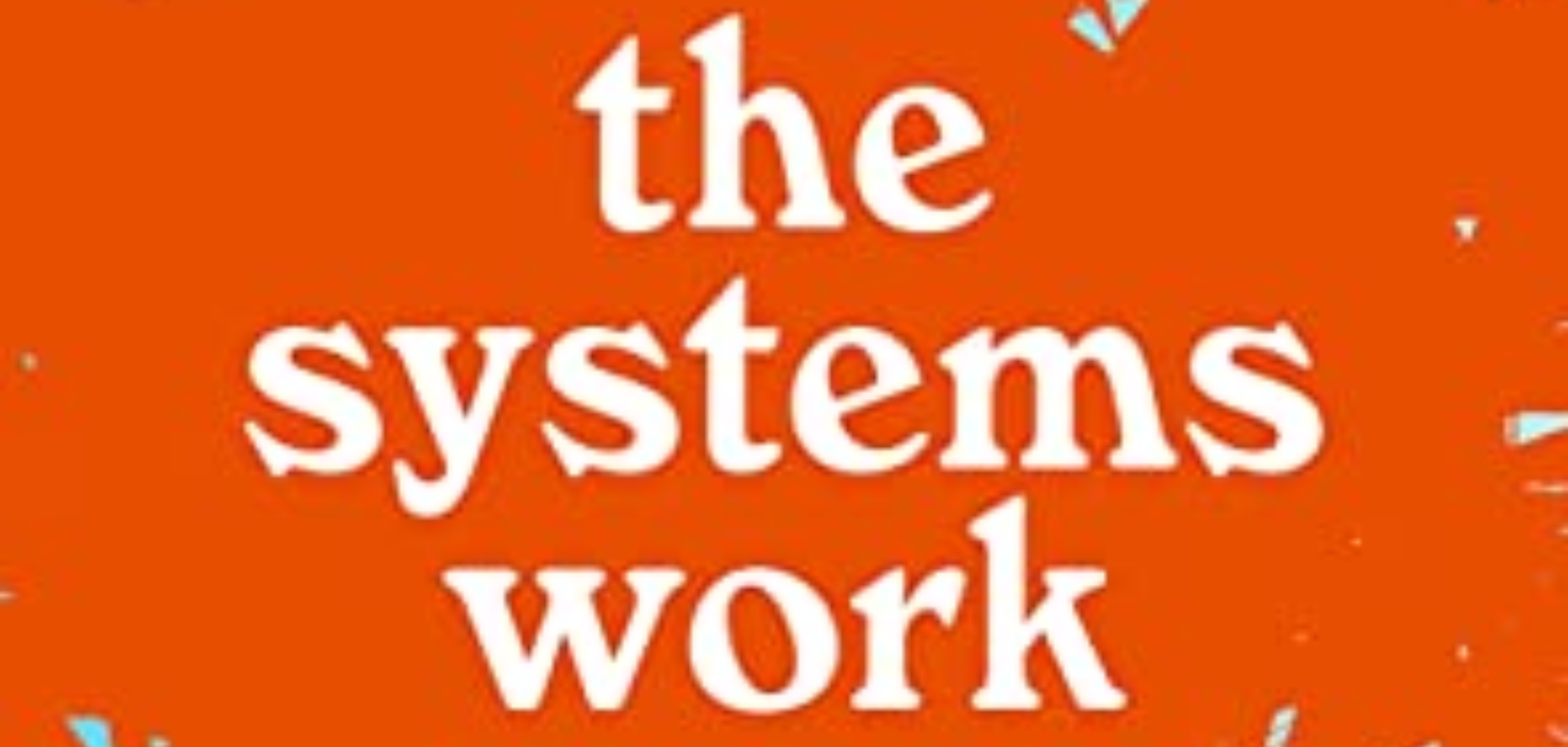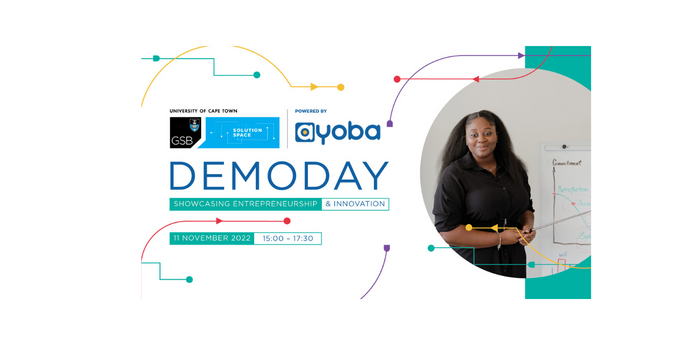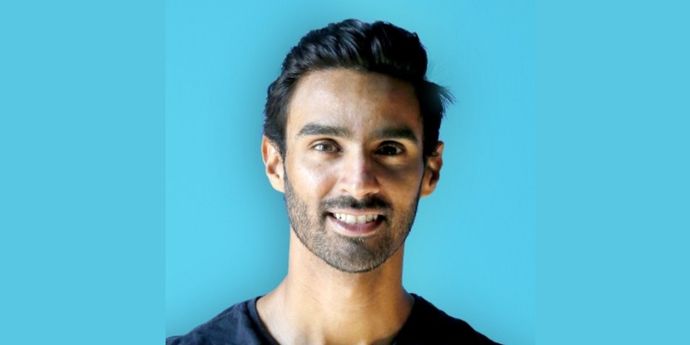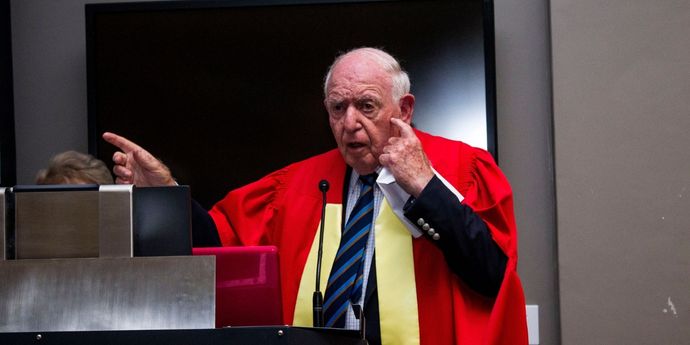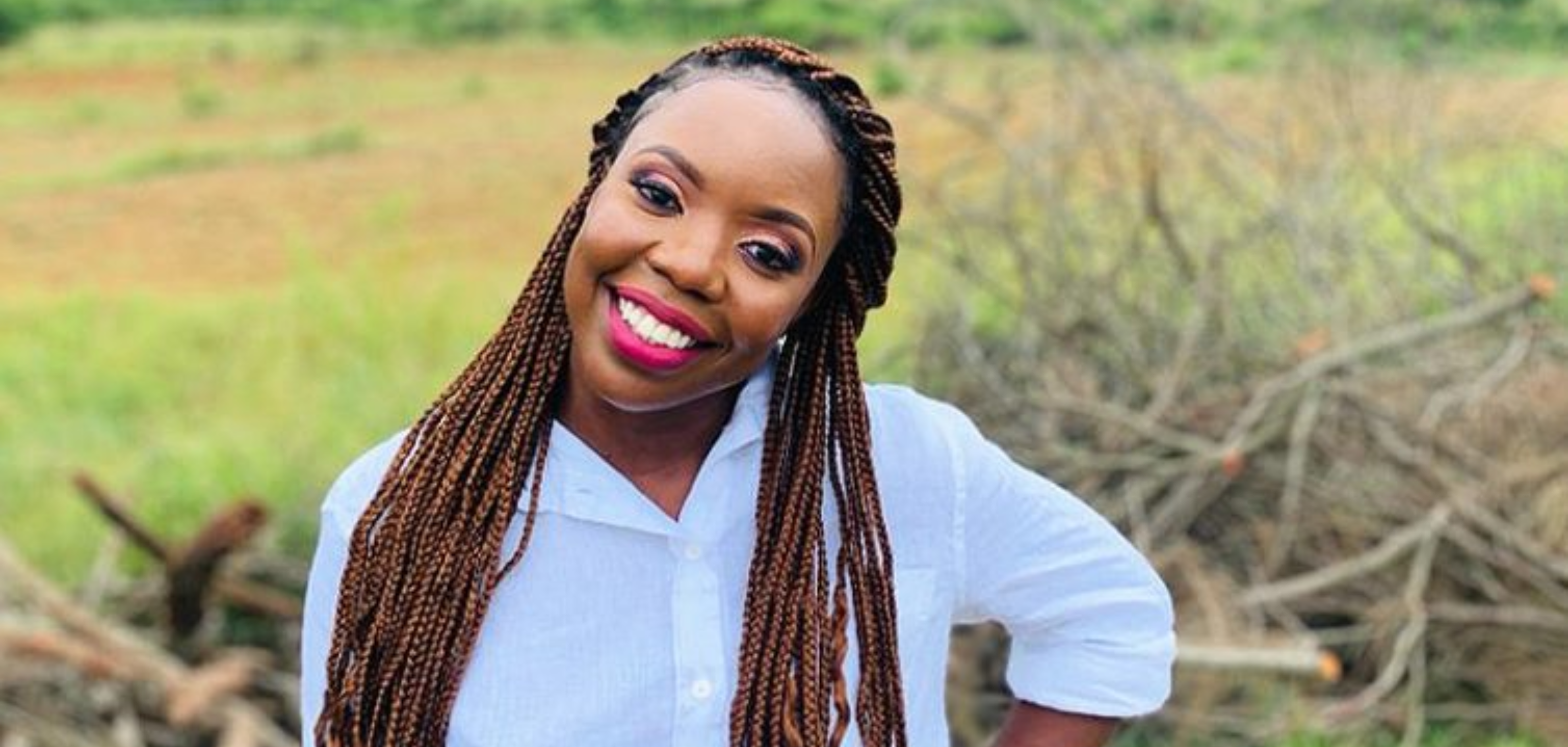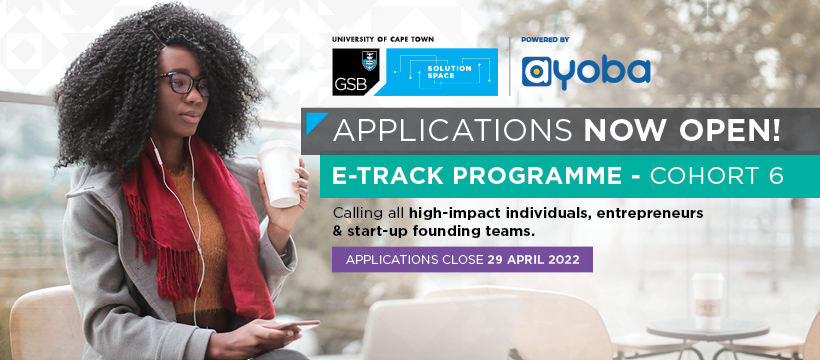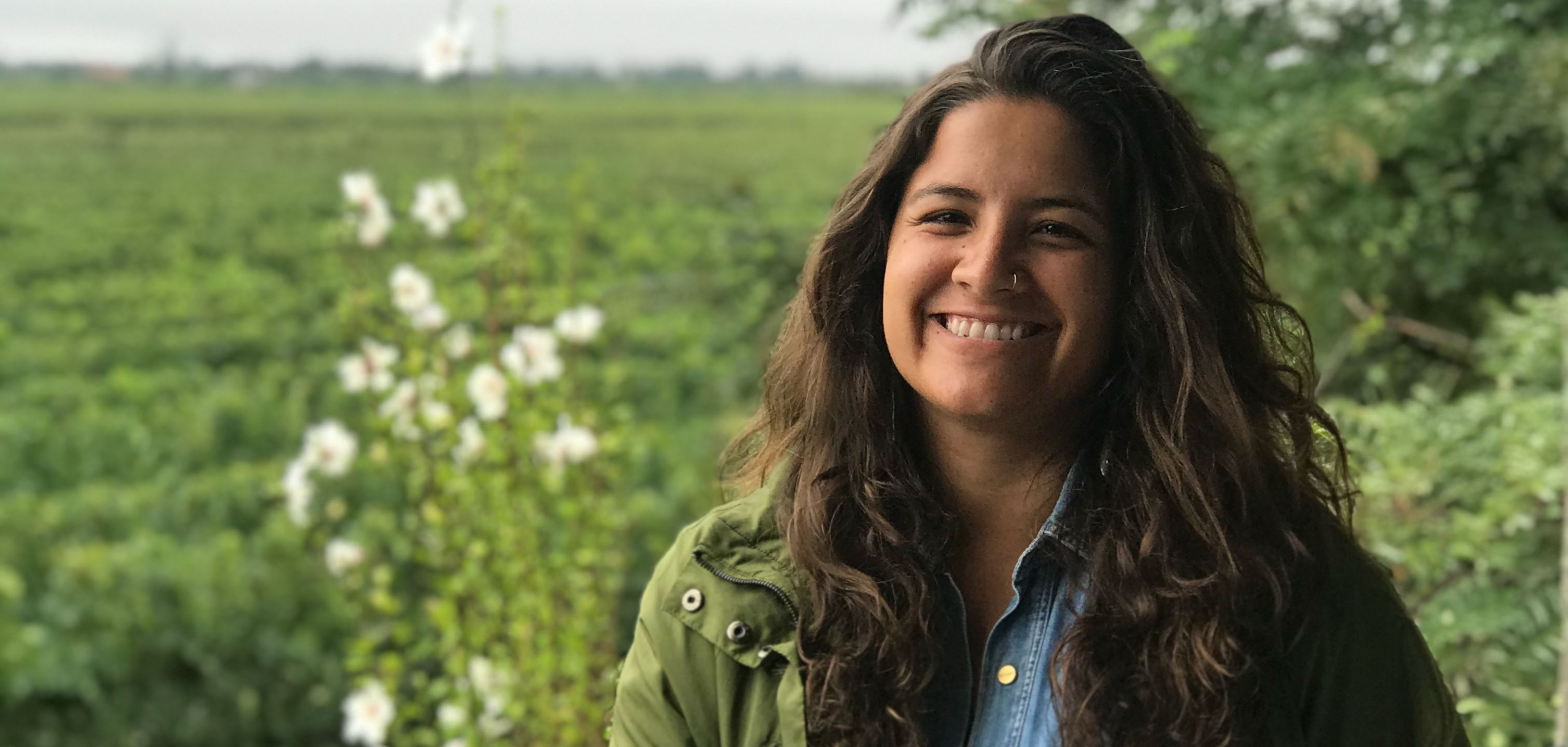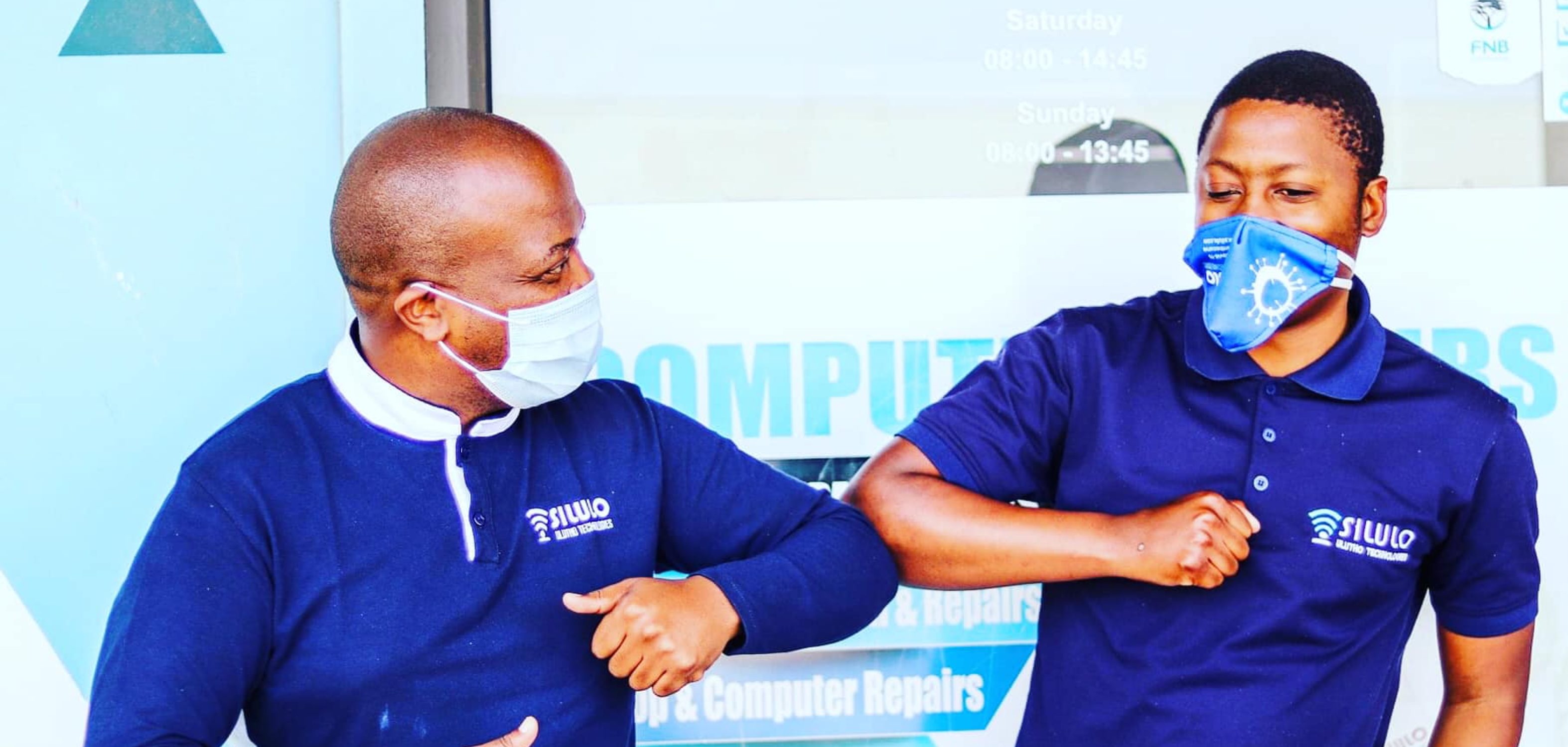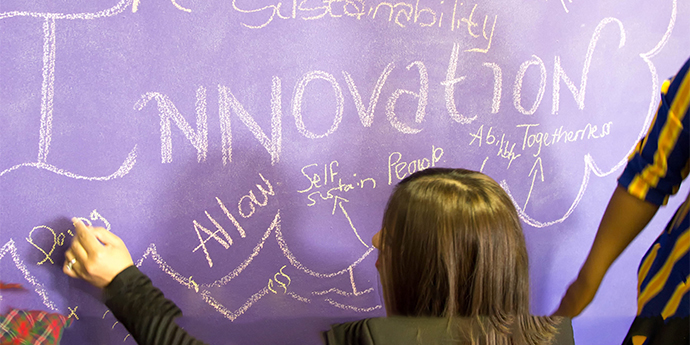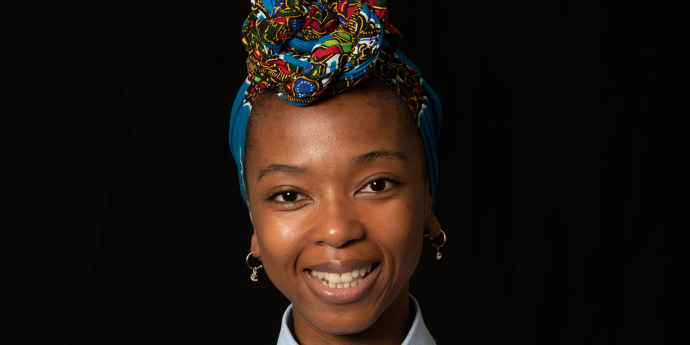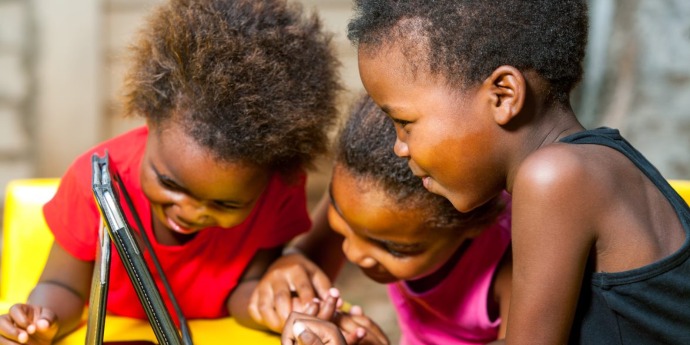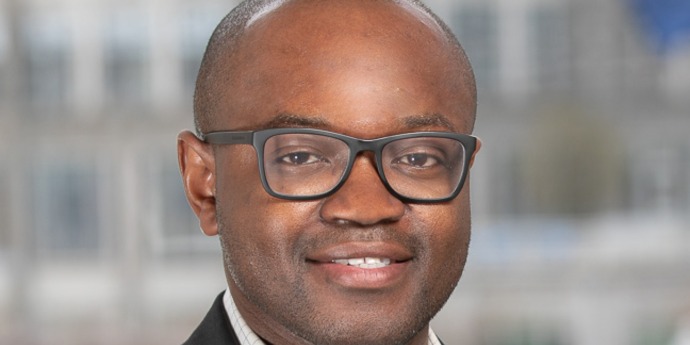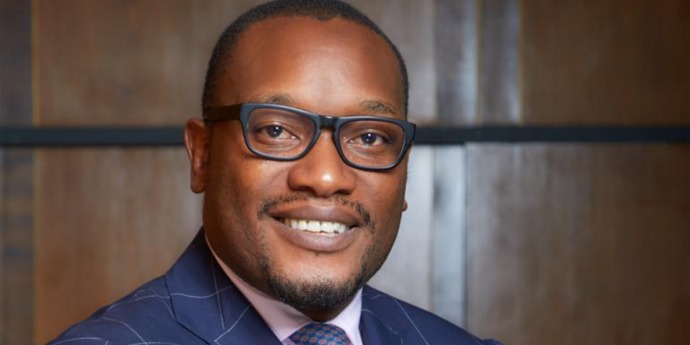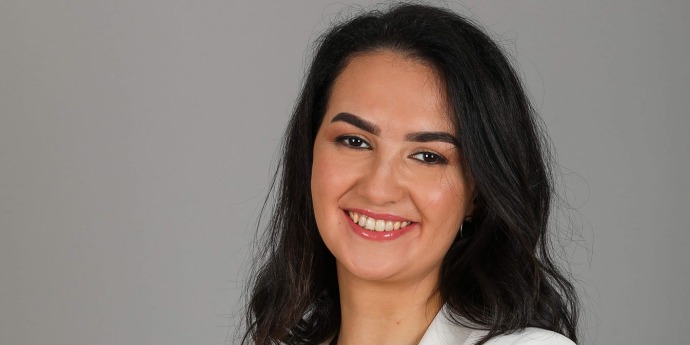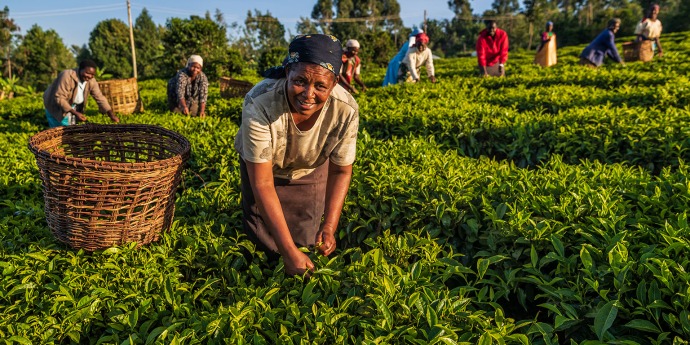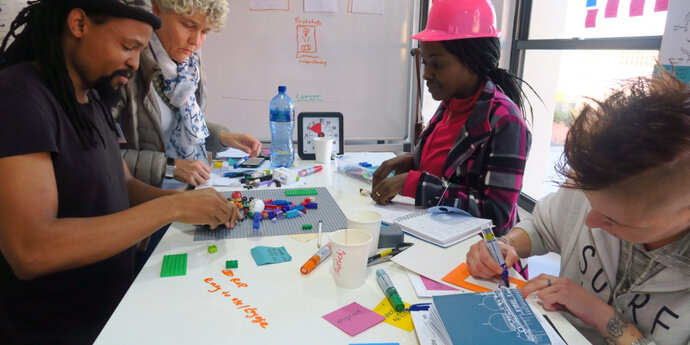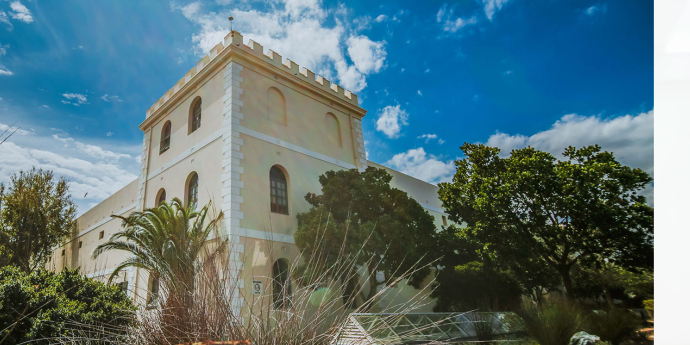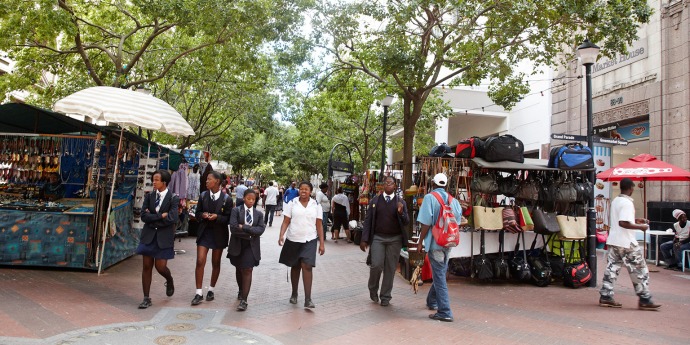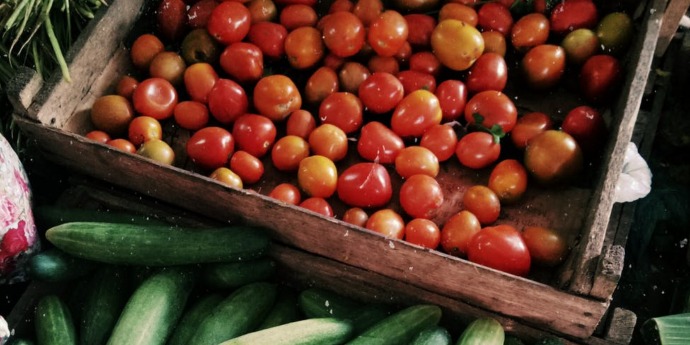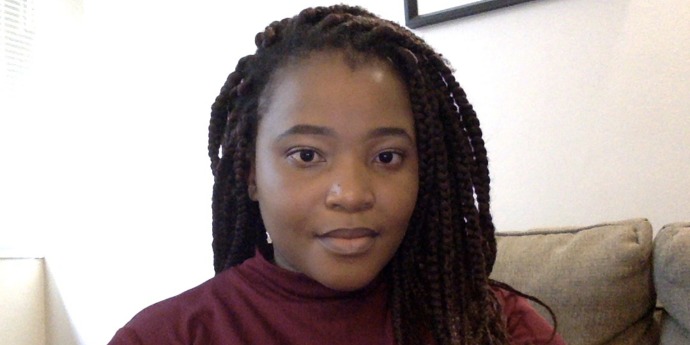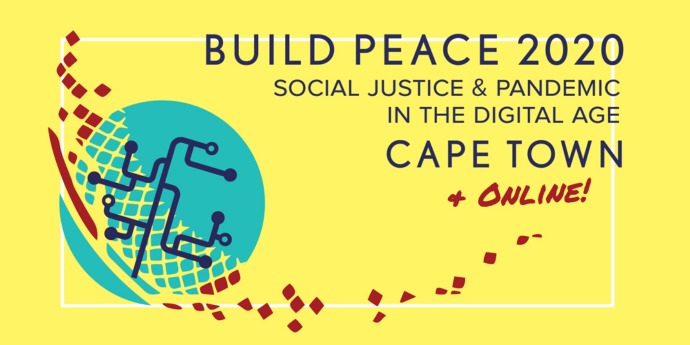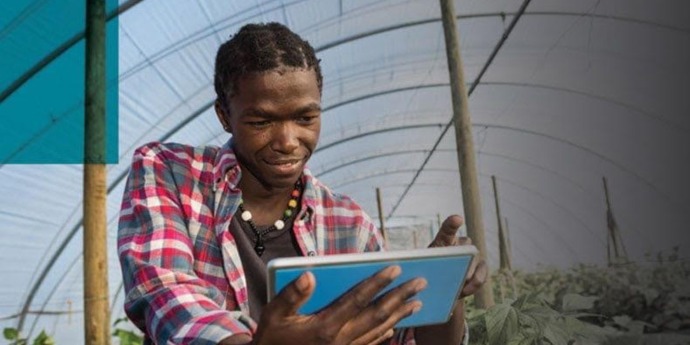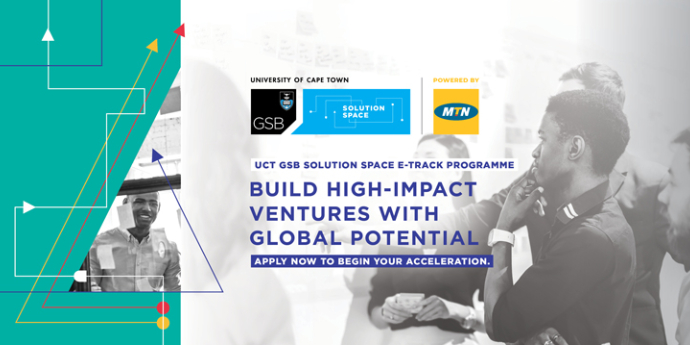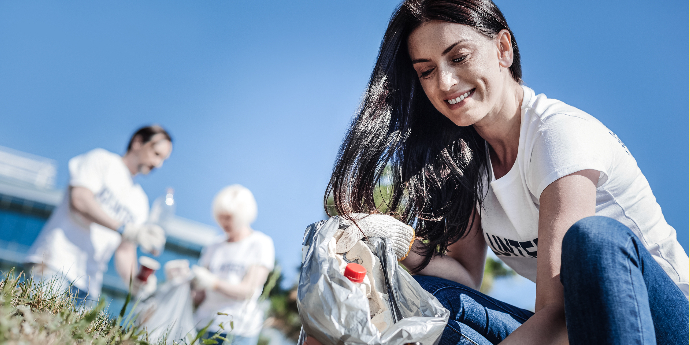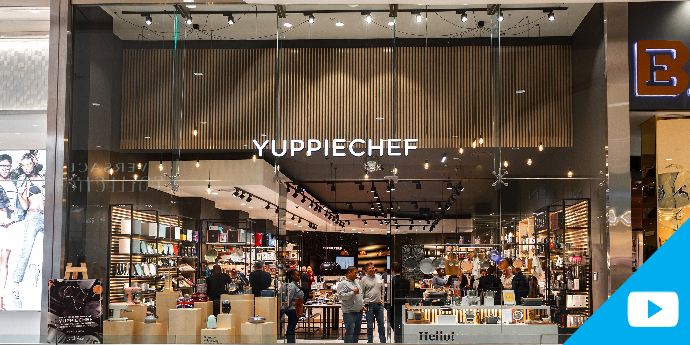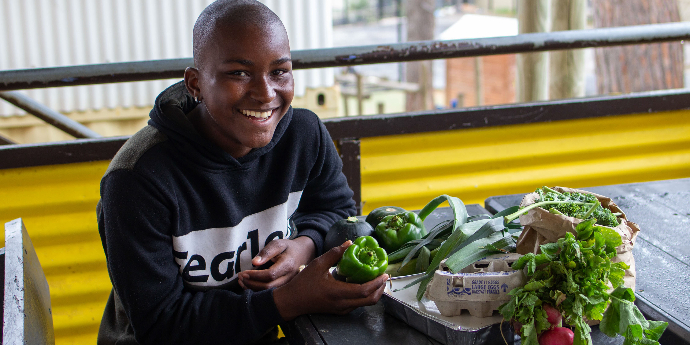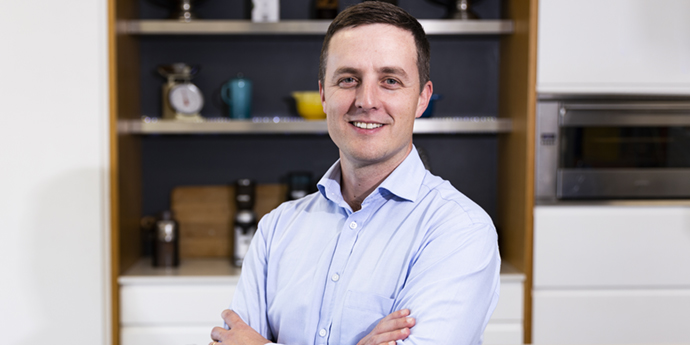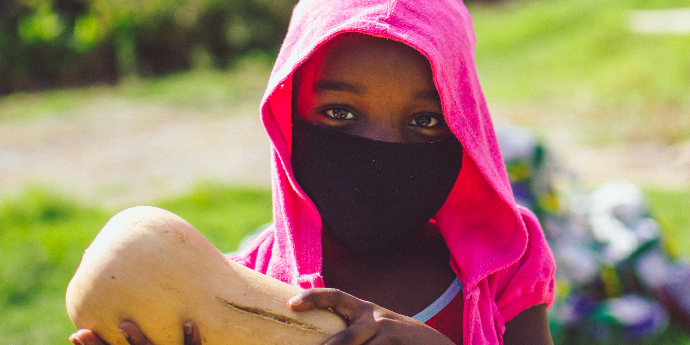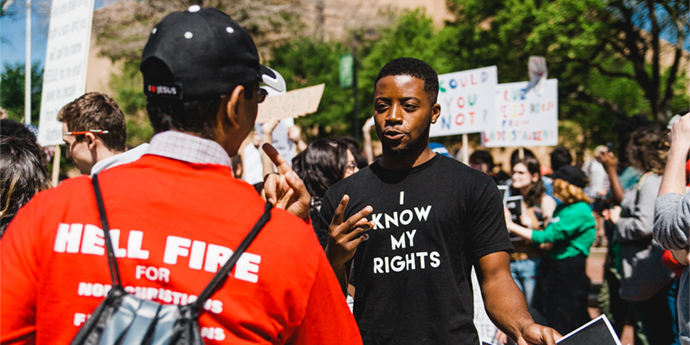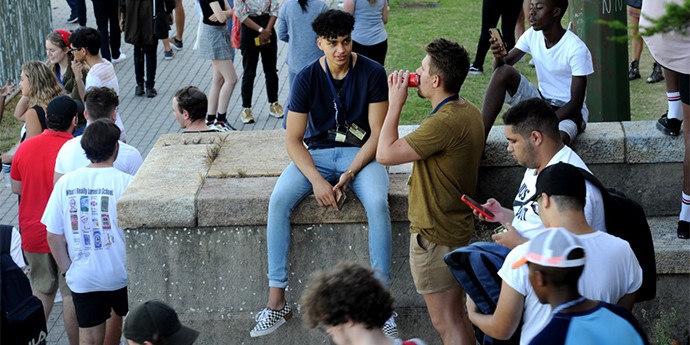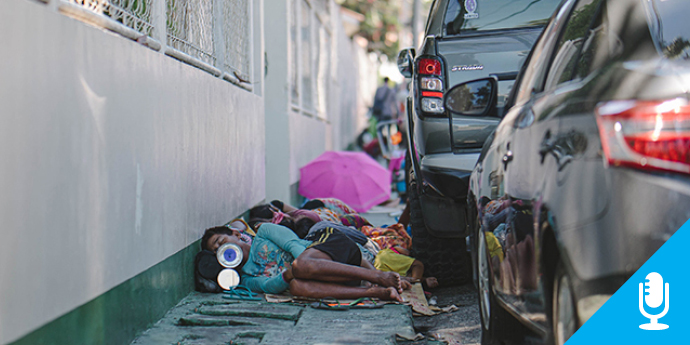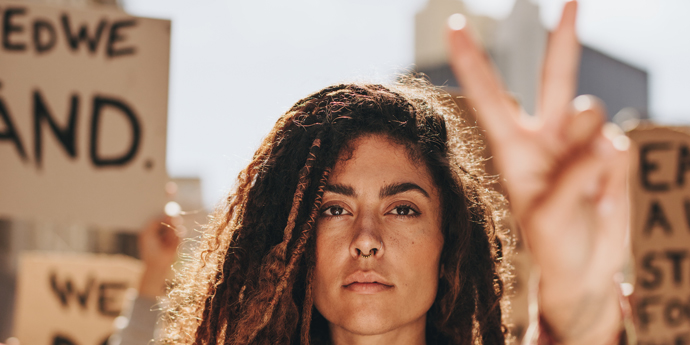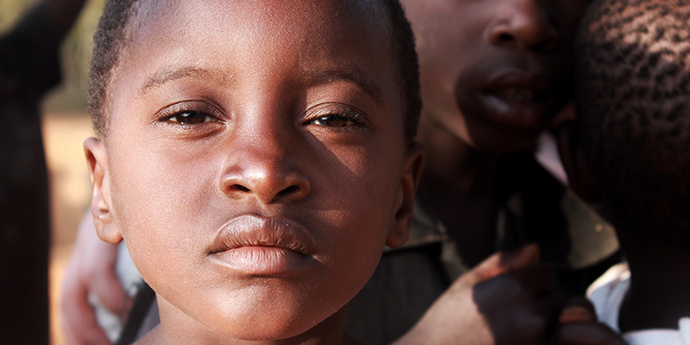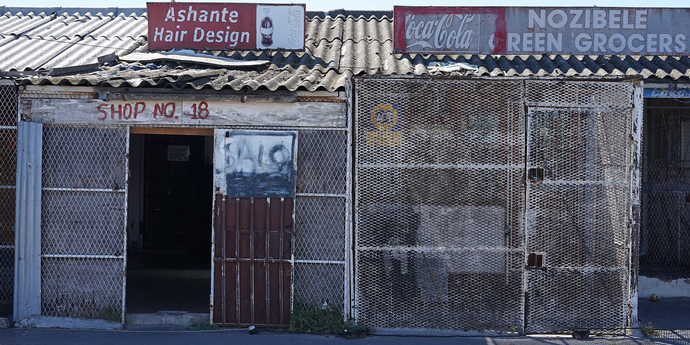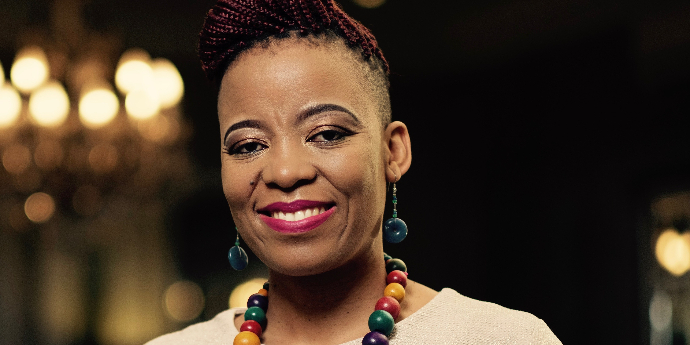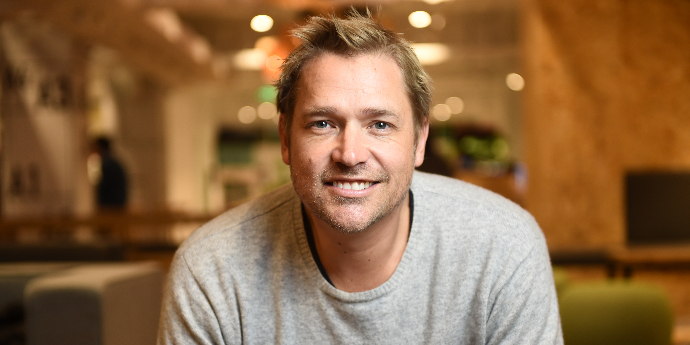Three MBA graduates from the University of Cape Town Graduate School of Business (UCT GSB) are spearheading a campaign by Cape Town Education Technology fundraising start-up Feenix, to raise R6.6 million to get laptops, food vouchers and connectivity to final year and graduate students during COVID-19 — ultimately ensuring these students make it into the South African workforce.
Over the past three years Leana de Beer has become all too familiar with the mountains many students across the world, and particularly in South Africa, must scale to receive a formal education. Now, COVID-19 has compounded these challenges.
De Beer says she knows of students having to resort to finishing their degrees on their mobile phones, through lack of access to laptops, data and other resources. “How are you supposed to do that?” she asks incredulously. “Those challenges hurt not just the students and the work they deliver, but our society as a whole.”
Which is why in 2017, after some years in the corporate and media sectors and fresh out of her MBA at the University of Cape Town Graduate School of Business (UCT GSB), De Beer joined an innovation agency focusing on solving the education funding crisis in South Africa. The project developed into a crowdfunding platform called Feenix, which facilitates both traditional fundraising and online crowdfunding to help tertiary students across South Africa graduate debt-free. The name is a combination of ‘fees’ and the word ‘niks’ or ’nix’, meaning ‘nothing’.
Feenix supports students, and more specifically, postgraduate students, who fall into the ‘missing middle’ — youth whose combined household incomes disqualify them from national financial assistance, but who remain unable to afford higher education. To date, the platform has raised just under R40 million assisting nearly 1,200 students. Through the secure Feenix platform, funds raised flow directly to universities, giving donors the confidence that their money is going exactly where they intended.
De Beer was attracted to Feenix for the same reason she enrolled on the UCT GSB MBA programme — to tackle the challenge of making social businesses more sustainable, thereby ensuring longevity of impact. The UCT GSB is well known for being among the first business schools in the world to have integrated social innovation into the core of its MBA curriculum. As Feenix began to grow, she was quick to recruit her fellow MBA alumni who share her passion for access to education and innovation. Sophia Campello Beckwith (class of 2016) joined the team in 2018 as a consultant, and Sebastian Prim (class of 2019) joined earlier this year as operations manager.
Feenix’s vision — to help people fulfil their potential regardless of wealth — resonated with them both. Campello Beckwith, a Brazilian-American born in Thailand, worked in corporate management consulting in the US before transitioning into strategic planning for an Africa-focused microfinance organization. After working across the continent in a dysfunctional hybrid of for-and-not for-profit banking, she decided to grow her expertise with an Africa-Centric MBA steeped in social innovation. She says the challenges of South Africa’s education system reminded her of Brazil where she grew up, which faces similar challenges to this day. Motivated by the mission to make education a right, not a privilege, she joined the UCT GSB’s fledgling #FeesMustFall chapter during her MBA year.
Prim is a global citizen in his own right, having spent 12 years working for SA Rugby and travelling the world with the Blitzboks. He was involved in the team’s first two World Series titles as well as the historic gold-medal winning performance at the 2014 Commonwealth Games. Inspired by the challenge of applying his skills and knowledge to business, Prim left professional sport to take on the two-year UCT GSB modular MBA. Once on the course, he was deeply impressed by the incredible work taking place in the social innovation sector. Applying business and scientific principles to global causes motivated him to pivot his career path and join Feenix.
Prim is a beneficiary of educational financial aid himself and says he could not have completed his undergraduate and postgraduate studies without it. “My dad passed away when I was thirteen years old. My mother worked incredibly hard to provide for my brother and me, but because of high university fees I wouldn’t have graduated debt-free without the bursary I received from SAB,” he explains. “Education, and especially tertiary education, has had a massive impact on my life, and my ability to achieve what I have. I am forever grateful for the opportunities made available to me through financial assistance and I’d like to be a part of creating those opportunities for others.”
Now all three, and a growing Feenix team, are throwing their weight behind Feenix’s #CapTheGap COVID-19 Relief campaign. A report by Universities South Africa, on how prepared South African universities are to make the switch to online teaching in the wake of lockdown, has highlighted that many students are stranded on the wrong side of the digital divide, and few bridges are being built. Estimates of students without suitable devices or data for online education ranged from 7 to 70% nation-wide. Some institutions immediately started equipping students with devices and resources; but most do not have the financial resources to do so.
To #CapTheGap, Feenix has set itself the target of raising R6.6 million (~$385K) to provide devices, data and food vouchers to final year and postgraduate students. An initial commitment of R2 million from Standard Bank means students like Donald (pictured), enrolled at the Tshwane University of Technology, are already receiving resources.
“Students should not have to choose between feeling safe and taking part in their academic activities. No student should be robbed of the option to access remote learning because they cannot afford a device or are forced to choose between food and completing their studies” says De Beer.
All three are confident that Feenix can reach its target, even in this uncertain world, and despite being on different continents. International lockdown measures have left Campello Beckwith stranded in the US, but she has no plans to let distance and an eight-hour time difference slow her down.
Their optimism about Feenix achieving this target comes in part because no matter where people are in the world — they want to feel connected to a greater good. “People want to help, sometimes they just don’t know how,” De Beer says. “And this campaign, sharing it, supporting it, championing it, is a powerful way to help close the gap, and to give everyone the opportunity to succeed.”
To contribute to the Feenix COVID-19 campaign go to https://capthegapfund.org, if you cannot contribute please help spread the word to reach those that may be able to.

